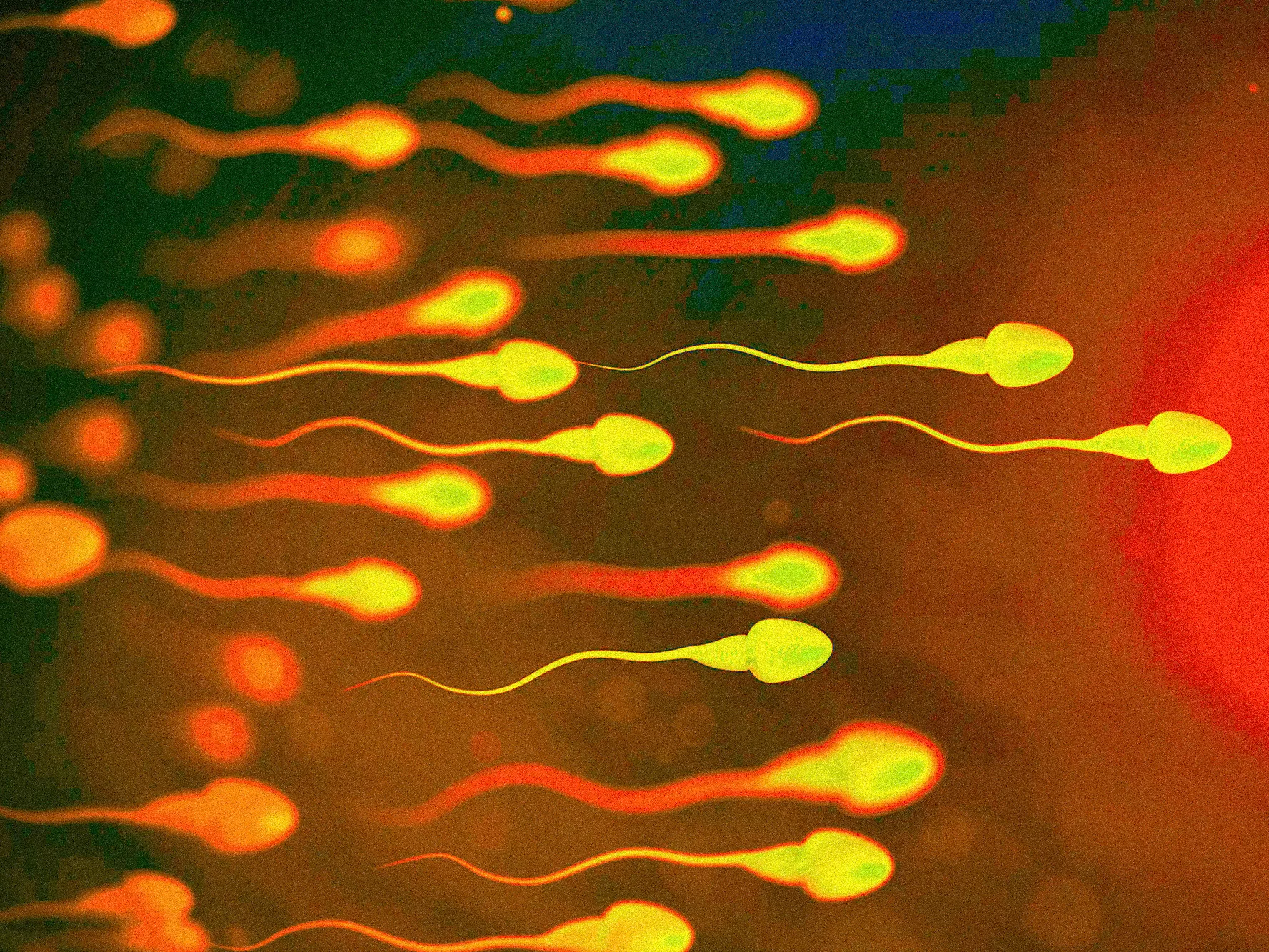Oligospermia: An Issue about low sperm count and how to increase naturally.
39548
Healthy sperms are an important factor in male fertility. Sperm count is referred to the average total number of sperm present in one sample of semen.

What causes low sperm count and how to fix it?
Written by Dude Arnel Flores Lopez, BSN, RN 27 April 2021.
Medically reviewed and updated by Dr.Deyn Natthakhet Yaemim, 28 April 2021
A normal sperm count ranges from 15 million sperm to more than 200 million sperm per milliliter (mL) of semen. Anything less than 15 million sperm per milliliter, or 39 million sperm per ejaculate, is considered low. A low sperm count is often referred to as oligospermia. There are easy diet and lifestyle changes men can potentially make to boost sperm count and increase fertility naturally.
Causes of Low Sperm Count
Sometimes, the cause of low sperm count is unknown. But some possible causes include:
- Hormonal imbalances
- Trauma to the testicles (e.g. sporting injuries)
- Undescended testicles (even those that were repaired early)
- A varicocele (an enlargement of the veins within the scrotum, not unlike varicose veins that can appear in legs)
- Orchitis (inflammation of one or both testicles most often due to infection)
- Some sexually transmitted infections
- Difficulty with ejaculation
- Taking certain medications
- Prior surgeries
- Environmental causes, like exposure to toxic chemicals or radiation
- Lifestyle factors, including smoking, drinking alcohol, drug use, and obesity
Signs and Symptoms of Low Sperm Count
Other than infertility, there may not be any other signs of low sperm count in a man. But some men may experience the following symptoms of low sperm count:
- Low sex drive
- Trouble getting or maintaining an erection
- A decrease in facial or body hair (which can be sign of a hormonal or chromosomal imbalance or abnormality)
- Pain, swelling, or a lump in or around the testicles
Different Ways to Increase Sperm Count
1. Work out to get it in
Working out is one of the most effective ways to increase your sperm count. Regular exercise can increase your testosterone levels and semen quality. Strength training is particularly effective at boosting testosterone. However, too much exercise may lower your testosterone levels. It’s all about balance. Avoiding testosterone or anabolic steroids (used in bodybuilding) can lower sperm count.
2. Manage your stress
Stress is bad for your sex drive. High levels of the stress hormone cortisol can decrease testosterone, which is necessary for sperm production. Meditation, exercise, and other stress-reducing techniques can help improve your sperm’s performance. Getting enough sleep, and catching the right amount of sleep can improve semen quality. Aim for 7 to 8 hours per night. Too much or too little sleep can make for sluggish sperm.
3. Get enough vitamin C
Some evidence indicates that taking antioxidant supplements, such as vitamin C, may improve fertility. Oxidative stress is when levels of reactive oxygen species (ROS) reach harmful levels in the body. It happens when the body’s antioxidant defenses are overwhelmed because of disease, old age, an unhealthy lifestyle, or environmental pollutants. ROS are constantly being produced in the body, but their levels are kept in check in healthy people. High levels of ROS may promote tissue injury and inflammation, increasing the risk of chronic disease. There’s also some evidence that oxidative stress and excessively high levels of ROS may lead to infertility in men. Taking in enough antioxidants, such as vitamin C, may help counteract some of these harmful effects. There’s also some evidence that vitamin C supplements may improve semen quality. Vitamin C supplements also significantly improve sperm count and motility, while reducing the number of deformed sperm cells. Natural sources of vitamin C: citrus fruits, tomatoes, potatoes, kiwi, broccoli, strawberries, brussels sprouts, cantaloupe, red and green peppers.
4. Get enough vitamin D
Vitamin D can be important for male and female fertility. It’s another nutrient that may boost testosterone levels. One observational study showed that vitamin-D-deficient men were more likely to have low testosterone levels. Taking 3,000 IU of vitamin D3 every day for 1 year increased their testosterone levels by around 25. Foods with vitamin D: fish (salmon, herring, and sardines), cod liver oil, egg yolks, mushrooms, cow’s milk, soy milk, orange juice, fortified cereals, and oatmeal.
5. Get enough zinc
Zinc is an essential mineral found in high amounts in animal foods, such as meat, fish, eggs, and shellfish. Getting enough zinc is one of the cornerstones of male fertility. Also, taking zinc supplements increases testosterone levels and sperm count in those who are low in zinc. Furthermore, zinc supplements may reduce the decreased testosterone levels that are associated with excessive amounts of high-intensity exercise.
6. Avoid cigarette smoking
Cigarette smoking can reduce semen quality and interfere with in vitro fertilization (IVF). It can also contribute to erectile dysfunction. So, if you haven’t quit for your heart and lungs, do it for the peen.
How Alcohol Affects Sperm and Male Fertility
Alcohol can affect fertility by altering sperm count, size, shape, and motility.
In men, heavy drinking affects fertility by:
- lowering testosterone levels, follicle-stimulating hormone, and luteinizing hormone, and raising estrogen levels, which reduce sperm production
- shrinking the testes, which can cause impotence or infertility
- changing gonadotropin release which impacts sperm production
- causing early ejaculation or decreased ejaculation
- changing the shape, size, and movement of healthy sperm
Combining drugs like marijuana or opioids with alcohol also lowers fertility. In addition, liver disease caused by excessive drinking can change sperm quality.
When to See a Doctor
Lifestyle, medications, and hormonal or genetic conditions can all play a role in infertility. Typically, a male hormone analysis and semen analysis can help identify underlying issues.
PULSE CLINIC (Silom and Nana branch Bangkok) offers medication that can increase the amount of sperm
and improve ejaculation, contact our doctor now.
For more information about the medication and ordering process, please contact us at pulseliving@pulse-clinic.com or chat with us on your preferred platform.
![]() +66-84-226-2569
+66-84-226-2569  @pulserx
@pulserx ![]() PulseClinic
PulseClinic
I have my prescription and I want to order now, TAKE ME THERE !
Loading...
Clinic Locations
Loading...






